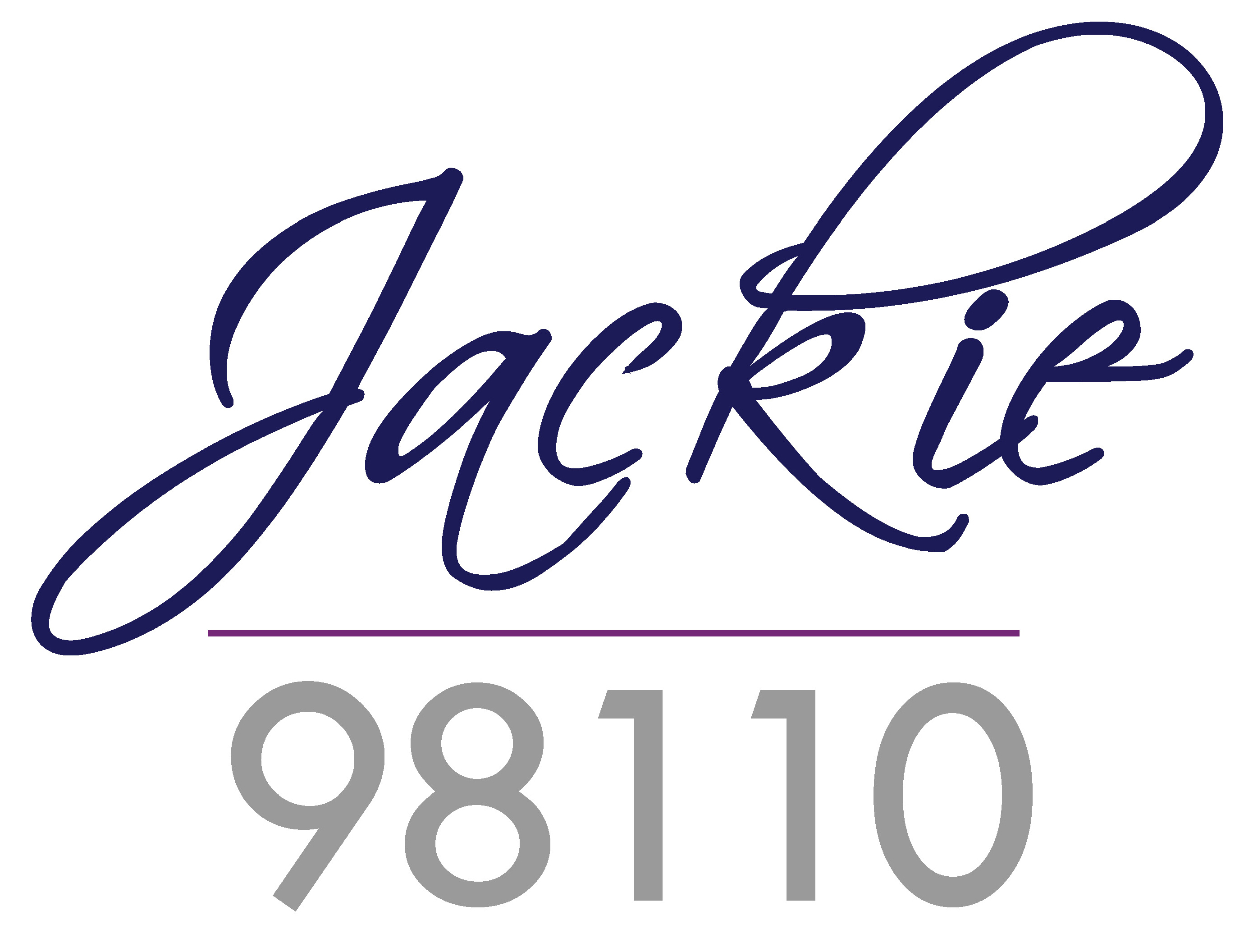If I were to pay money to your lender to lower your mortgage rate — permanently — would you make me a better offer on my house?
That's a question that could become more common as home sales slow, prices erode and mortgage rates increase. The cooling-off trend is well underway in many areas, according to Veros Real Estate Solutions, a Santa Ana analytics company. Veros' forecast for the coming year reported that price increases in "all but the most upbeat markets are slowing" across the country, and 1 out of 5 markets could see year-to-year declines.
But could mortgage assistance by sellers for buyers help cushion the effect of these market shifts, bridging the gap between what owners want — or need because their equity positions are thin — and what increasingly picky buyers are willing to pay?
Realty agents and lenders in some areas believe the answer is yes. Agents have begun touting "seller-assisted below-market-rate financing" on the signs they post outside their listed homes. Others are boning up on a marketing technique that's long been used by home builders but rarely seen in resale transactions in recent years: interest rate buy-downs.
The idea is straightforward. To make their houses more attractive to buyers as a financial proposition, sellers can offer to lower buyers' long-term monthly mortgage expenses. The sellers achieve this by paying money upfront to the buyers' lender to reduce the interest rate. The lower rate continues for the life of the loan.
The reduction might cost the sellers two or three "points" — a point is 1% of the mortgage amount — and produce a reduction in the buyers' note rate of one half of a percentage point. The points paid by the sellers represent interest paid in advance. A larger cash payment of points would produce larger rate reductions.
David H. Stevens, chief executive of the Mortgage Bankers Assn., says "we did a ton of buy-downs" on resales during 2006-09 when he was a senior executive with Long & Foster Cos., the country's largest independent realty brokerage. In the right circumstances, Stevens believes, "they can be a pretty good opportunity" for sellers and buyers to come together on a deal, even with today's lower mortgage rates. It's all a matter of making sure the numbers work for both parties.
Oray Nicolai, a senior mortgage banker with Access National Mortgage, a subsidiary of Access National Bank, says rate buy-downs are particularly effective because they magnify the effect of the sellers' financial concession by spreading it over many years. Buyers "keep getting the benefits of lower monthly mortgage payments for as long as they have the mortgage," he notes.
Nicolai, who assists realty agents in structuring and presenting rate buy-downs to sellers and purchasers, provided this recent example. The buyers made an offer $50,000 less than the seller was willing to accept. By buying down the purchasers' note rate by half a percentage point — from 4.25% to 3.75% fixed for 30 years — the sellers were able to get the price they needed. Meanwhile the buyers ended up with the same monthly principal and interest payment at the 3.75% rate they would have obtained on a conventional fixed-rate loan at 4.25% with a 20% down payment. The sellers' buy-down cost them $13,600 — an expense that under IRS rules was deductible by the buyers — and the sellers ended up netting $36,000 more than they would have had they accepted the buyers' initial low offer.
But buy-downs can have important limitations: Some buyers want seller concessions in the form of contributions to closing costs. Or they simply want a lower sale price rather than reduced monthly mortgage expenses.
Also, buy-downs don't work as well when the capital markets demand extra cash to buy down rates. Paul Skeens, president of Colonial Mortgage Group in Waldorf, Md., says a half-percentage-point note rate reduction may cost more than two points, forcing the seller to net less on the sale. Loan officers can usually explain how much of a rate break the current market is offering when points are paid upfront.
Bottom line: Agents, sellers and buyers should at least be aware of the buy-down option. Then, if the numbers work and the buyer is open to a little creativity, make it happen.
 Facebook
Facebook
 X
X
 Pinterest
Pinterest
 Copy Link
Copy Link
